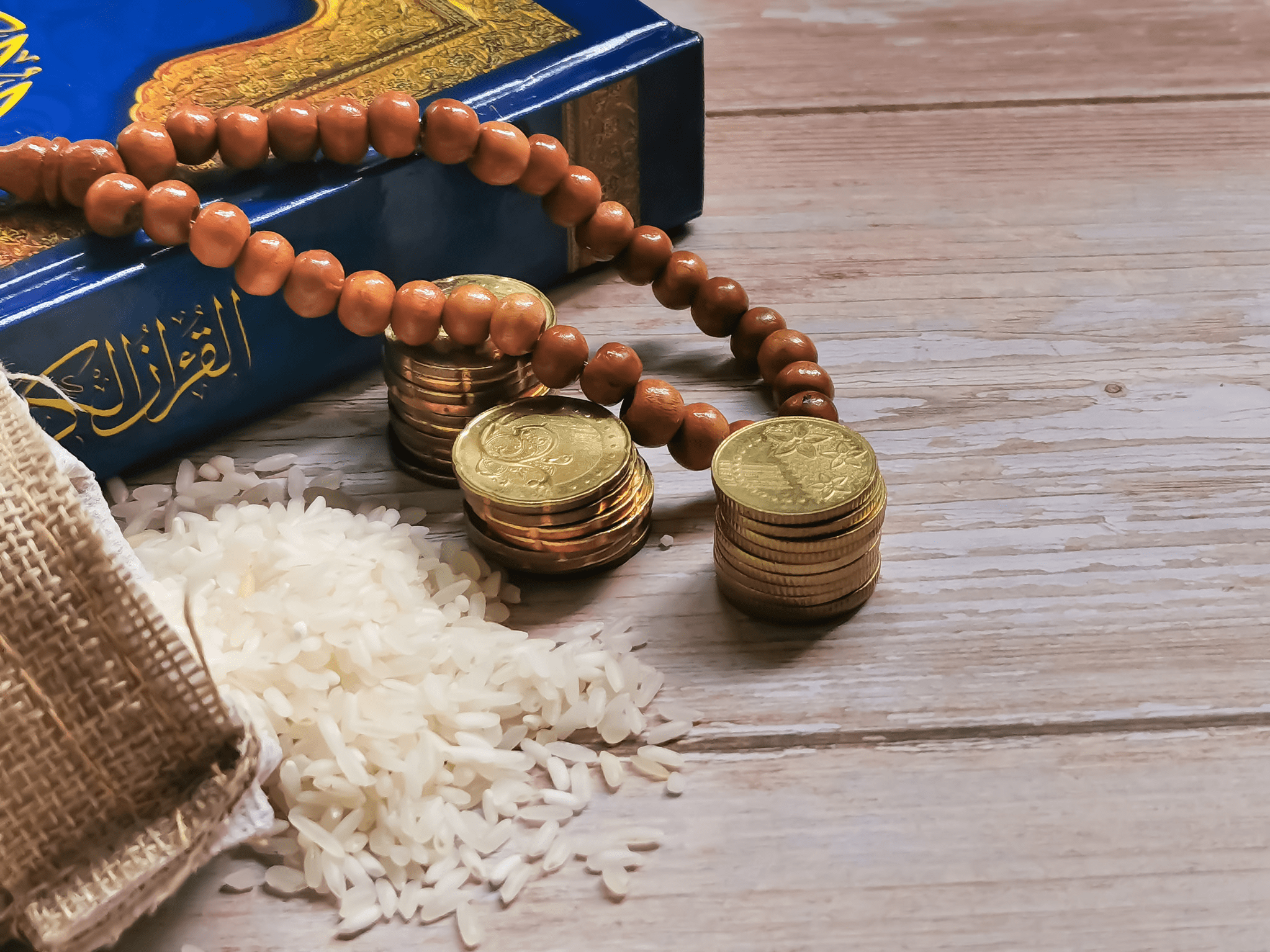Let’s talk Zakat on Assets:
– 1st, assets you do not pay Zakat on.
– 2nd, assets you do pay Zakat on.
– 3rd, deductions and expenses that lower your Zakat liability.
A thread 🧵:
1st: There some types of assets that you will not pay Zakat on.
A- Personal assets: things like personal items, you home, car, etc. All of these items are not liable for Zakat.
B- Bad debts: Amounts that you have loaned to others & cannot be repaid due to default or denial.
C- Lost, Frozen, or Inaccessible wealth: this includes things like frozen bank accounts, money that you have lost, or amounts that you can’t access due to contract or penalty.
D- Illiquid wealth: assets that you purchase for their potential increase in value but cannot be reliably valuated until the time of sale. things like art that you buy for investment or shares in a startup or real estate in an illiquid Market.
So here a summary of # 1:
A – You never pay zakat on these.
B – You never pay on these until actually recieved then held for a year.
C – You will pay on these once when recuperated, then every year forward.
D – You will pay on these once at the time of sale, not every year.
2nd- Assets you *do* pay Zakat on:
– livestock and crops
– gold, silver, and equivalents
– liquid assets
– inventory and receivables
Let’s talk about each of these then a few scenarios for each.
2.a Livestock and crops: These have special rules for farmers and ranchers. Grazing cattle, sheep, goats, or camels are liable on a per head basis. Crops are paid at time of harvest. I’ve yet to meet someone who needs details of this category, but happy to provide if you do.
2.b Gold & silver: Any held as a store of value is considered liable for zakat; this includes jewelry. While there are some scholars who exempted jewelry worn – used regularly, like a personal asset, the stronger of the two opinions is that jewelry is still liable.
2.b Gold and silver equivalents: this includes all Fiat currencies, representative currencies, cryptocurrencies, and tokens. The entire value must be included in your calculations, unless inaccessible (like frozen in an account or locked in a wallet).
2.c Liquid Assets. this generally includes cash which we’ve already covered, money market instruments, and marketable securities.
so if you own stocks and bonds you will pay Zakat on them. If you have mutual funds, etfs, RSUs, MLPs, then you will pay Zakat on them.
2.c What about 401ks, IRAs, Taxable brokerage accounts & similar?
Remember these are simply accounts that hold your securities they are not securities in & of themselves.
there are two factors that will determine whether the securities in these accounts will be liable for Zakat.
2.c Factors affecting Zakat liability:
No. 1: if you are unable to withdraw these funds without penalty then you will not pay zakat on them.
No. 2: if you can access them penalty free & you hold them as a long-term, passive Investment, then your liability is lowered.
Examples of No. 1:
– Your 401k or Traditional IRA is inaccessible until retirement so you don’t pay on it until that time.
– Your Roth contributions are accessible at all times, so you pay on them but not gains.
– Your HSA is accessible, so you pay on its entire value.
Example of No. 2:
– If your Taxable brokerage account (your robinhood, WeBull, Fidelity, or similar ) holds stocks for swing trades (not intended for the long term) you pay on the entire Market Value.
– If you’re holding for the long term, you pay on the Current Assets per share.
2.d Inventory and Receivables
– receivables are considered same as cash as long as they are not delinquent and therefore must be included at value in your calculations.
– freestanding inventory which is currently on the market and is not under contract must be included.
3 Deductions and Expenses that lower your Zakat liability
– in general all immediate expenses may be deducted from your total liable assets.
– Note: Only deduct the *immediate* expense, liability, or debt. So deduct 1 month of your mortgage payment, not the entire mortgage debt.
– if your expense is paid weekly, deduct one week. if monthly deduct 1 month. if by yearly deduct 6 months. and so on.
– be sure to review this thread for types of assets and accounts that defer or lower your zakat liability.
– If you have incurred losses on your Investments then you are only going to include the current market value for short-term trades and only the current assets on long-term trades.
– if your losses engulf all of your gains, it’s a wash & you wouldnt owe Zakat on those amounts.
That’s all I have for now. if you want more detailed information on the topic you can always purchase my book Simple Zakat Guide (amazon: print & kindle)Simple Zakat Guide (amazon: print & kindle), the accompanying video courses, or get the 9 course bundle I have running now.





